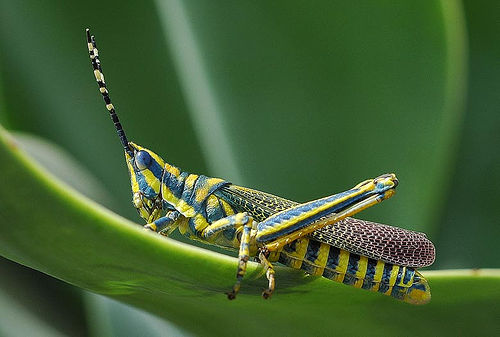FWP:
This is a verse in which tone is everything-- and yet it gives no hint of what the tone should be. Is it a general lament over the sheer perversity of things? A show of wry, rueful humor? A fatalistic statement renouncing all future endeavors? A despairing rejection of life itself? A clinical report, with a neutral observation of the facts? By now it comes as no surprise to see that Ghalib is using one of his classic ways to force us to create multiple meanings out of two small lines.
The center of the verse is the relatively uncommon word lahnā . This is its only occurrence in the divan, and it surely deserves 'fresh word' credit. Platts gives a wide range of meanings for it, centering on 'benefit' or 'profit', but the Farhang-e Asifiyah focuses the term on a sense of 'fate, destiny' which to Platts is only secondary (see the definitions above). The result is two distinct readings for the first line: either 'benefit, profit' doesn't come to 'Ghalib' from his effort (1a), or 'fate, destiny' doesn't come to him from his own effort. On the first reading, the emphasis is on a complaint about particular results: if anything can go wrong with his harvest, it will! There's even a kind of humor in the catalogue of problems-- the locusts and the fire (presumably caused by lightning) are lined up, competing to be the first to ruin the harvest.
On the second reading, the level of abstraction is higher: his fate doesn't come to him from his own efforts. As proof, just look at the intervention of outside entities in shaping his fate: the lightning, the locusts, and of course numerous other intervenors of which they are only the representatives, lie in wait for him, no matter what he does. And, as all the evidence chillingly suggests, their intervention takes the essential form of thwarting his efforts. They shape his destiny to some large and hostile purpose-- one that he can perhaps discern, but can never hope to escape.
Arshi suggests several verses for comparison, but I have
my own favorite: take a look at {10,6}, which
gives a slightly different twist to what is basically the same problem.

Nazm:
On an occasion of complaint, he calls the fruit of the harvest lahnā . (127)
== Nazm page 127